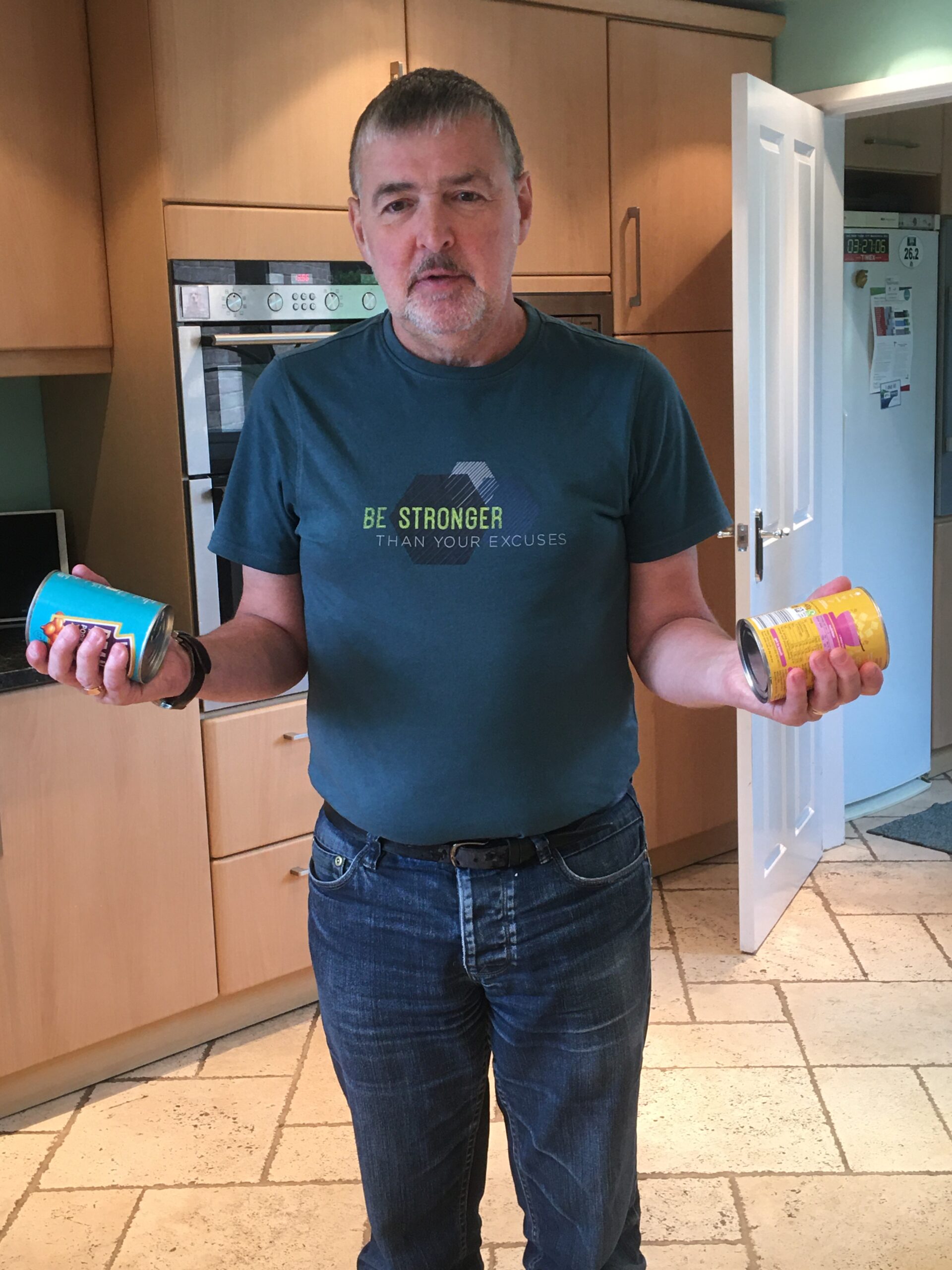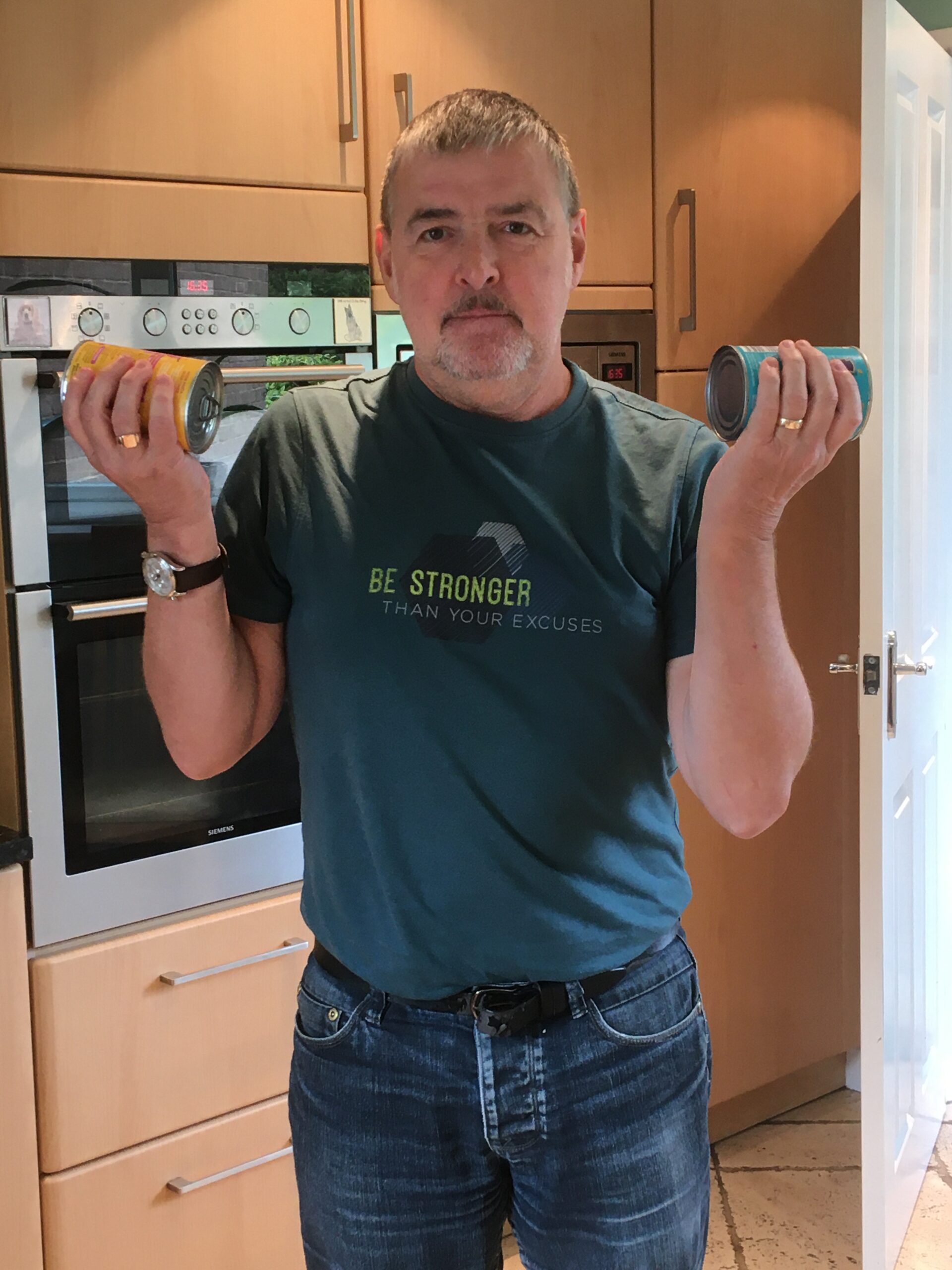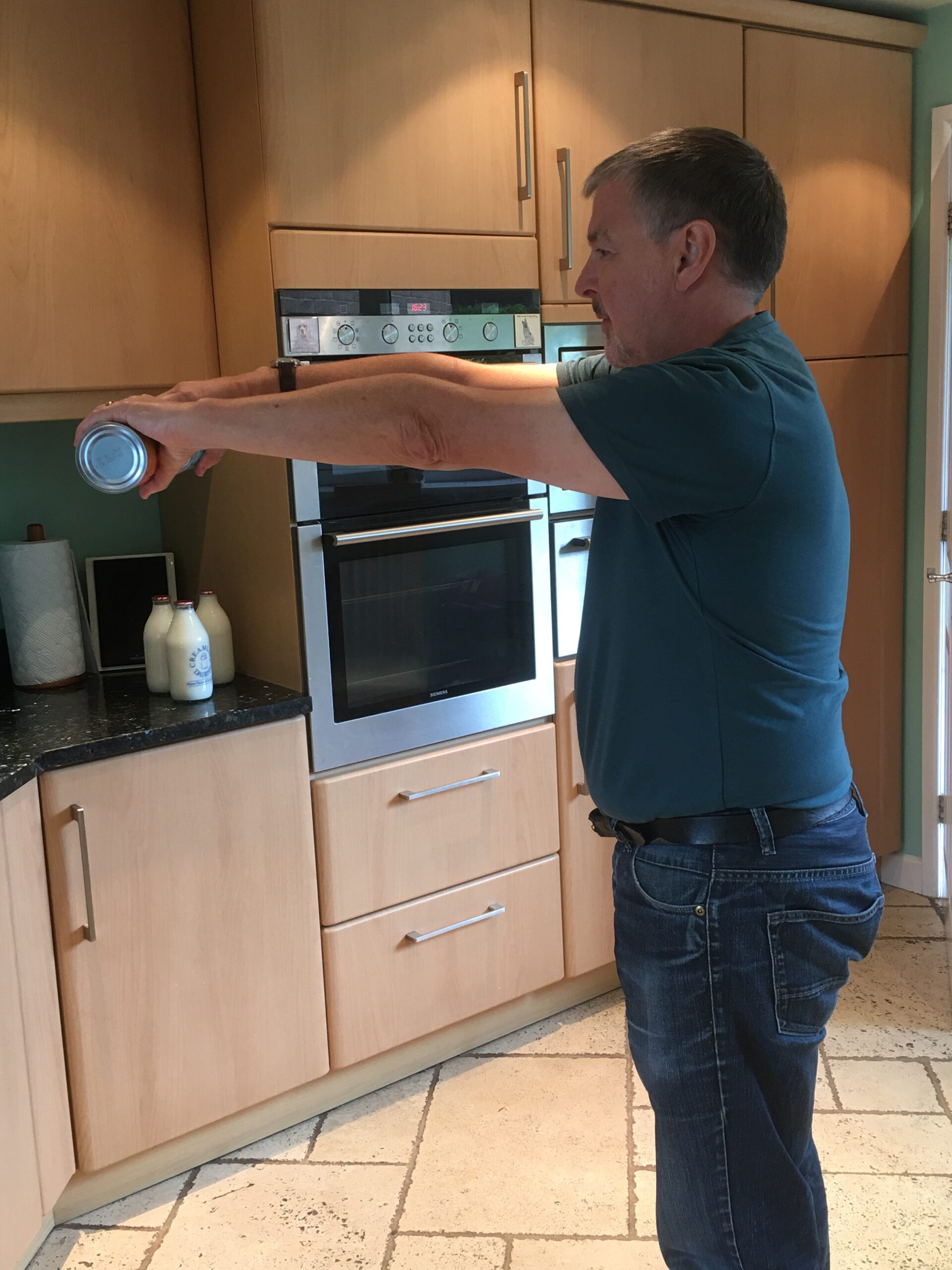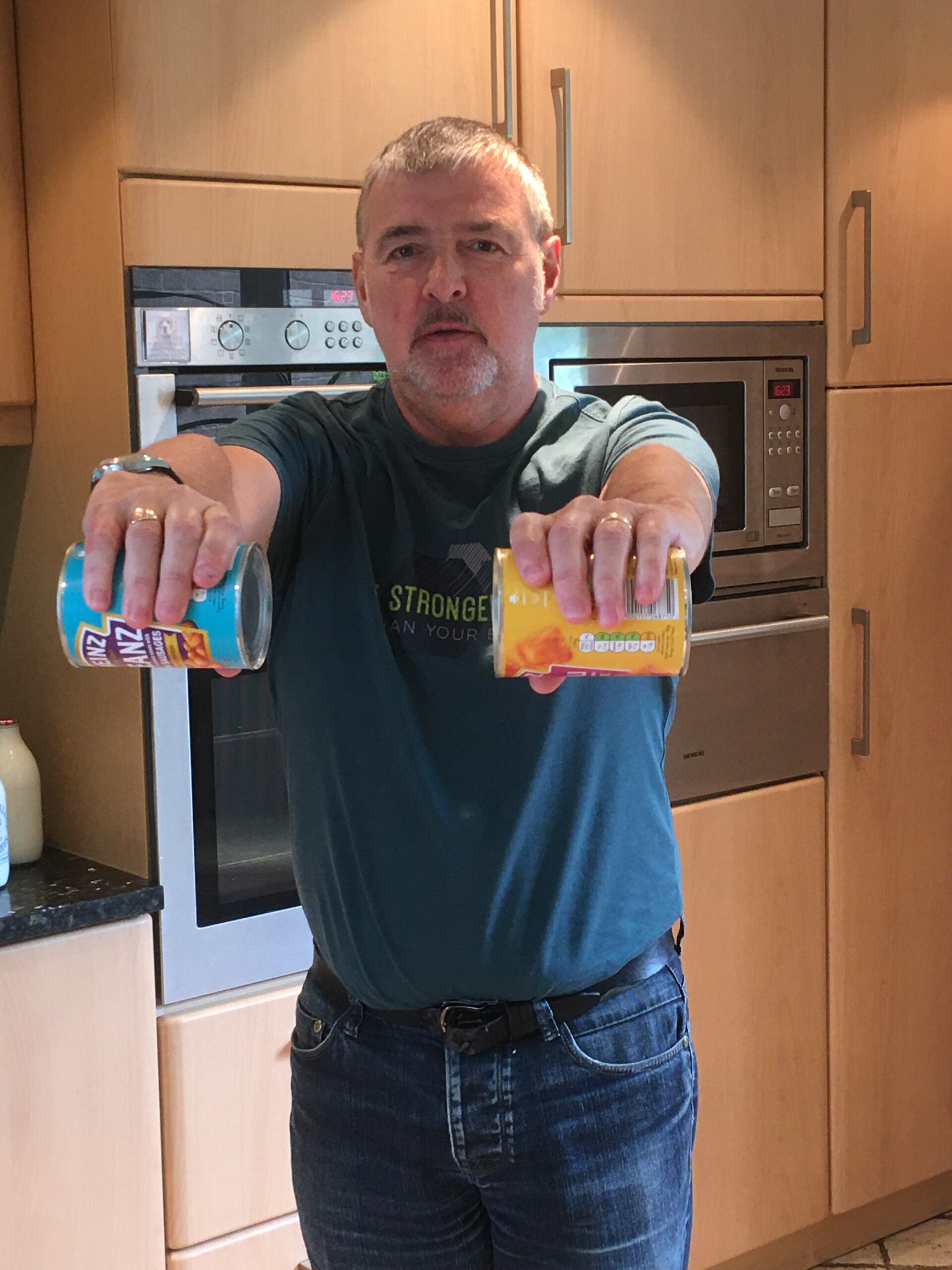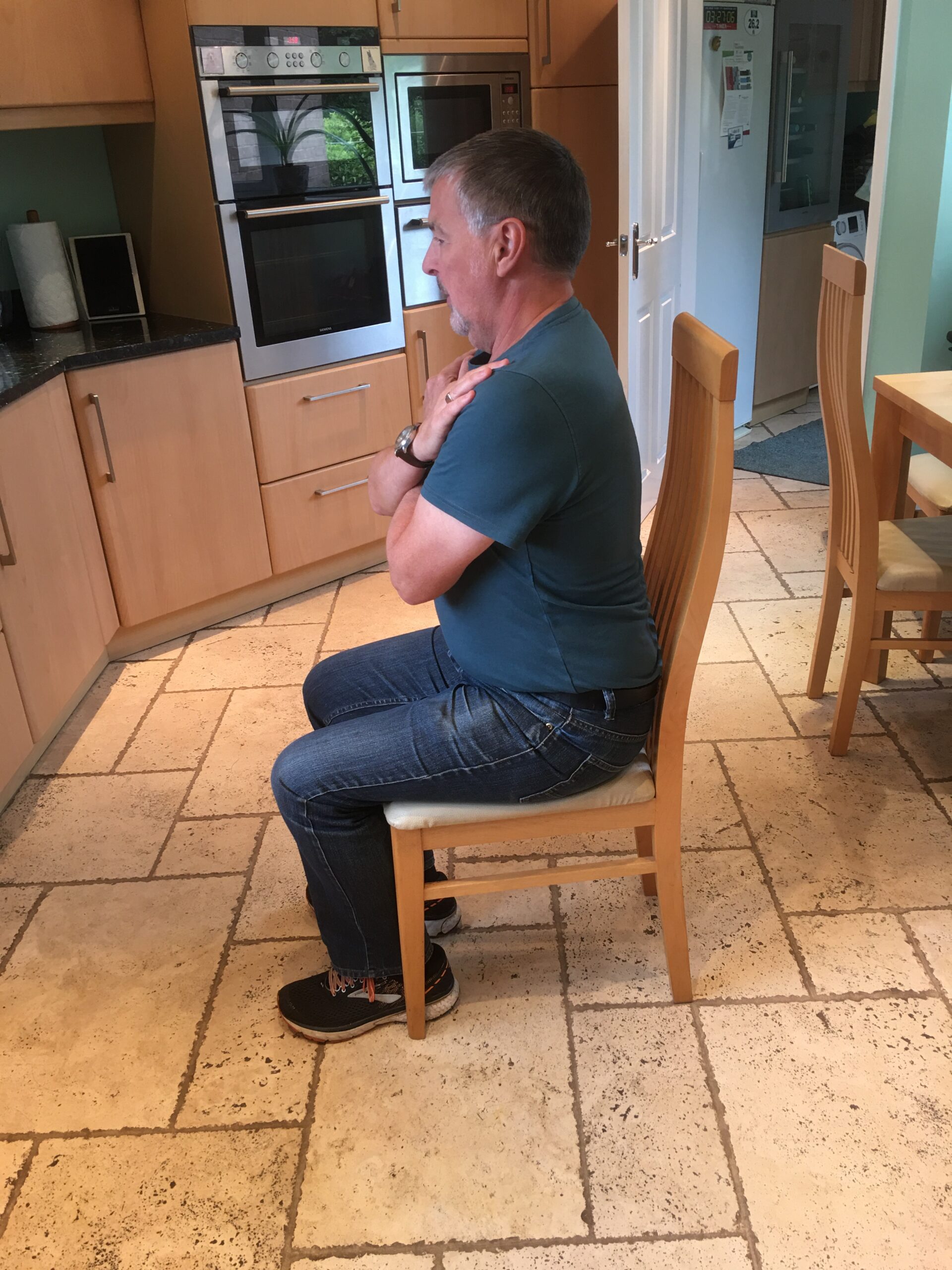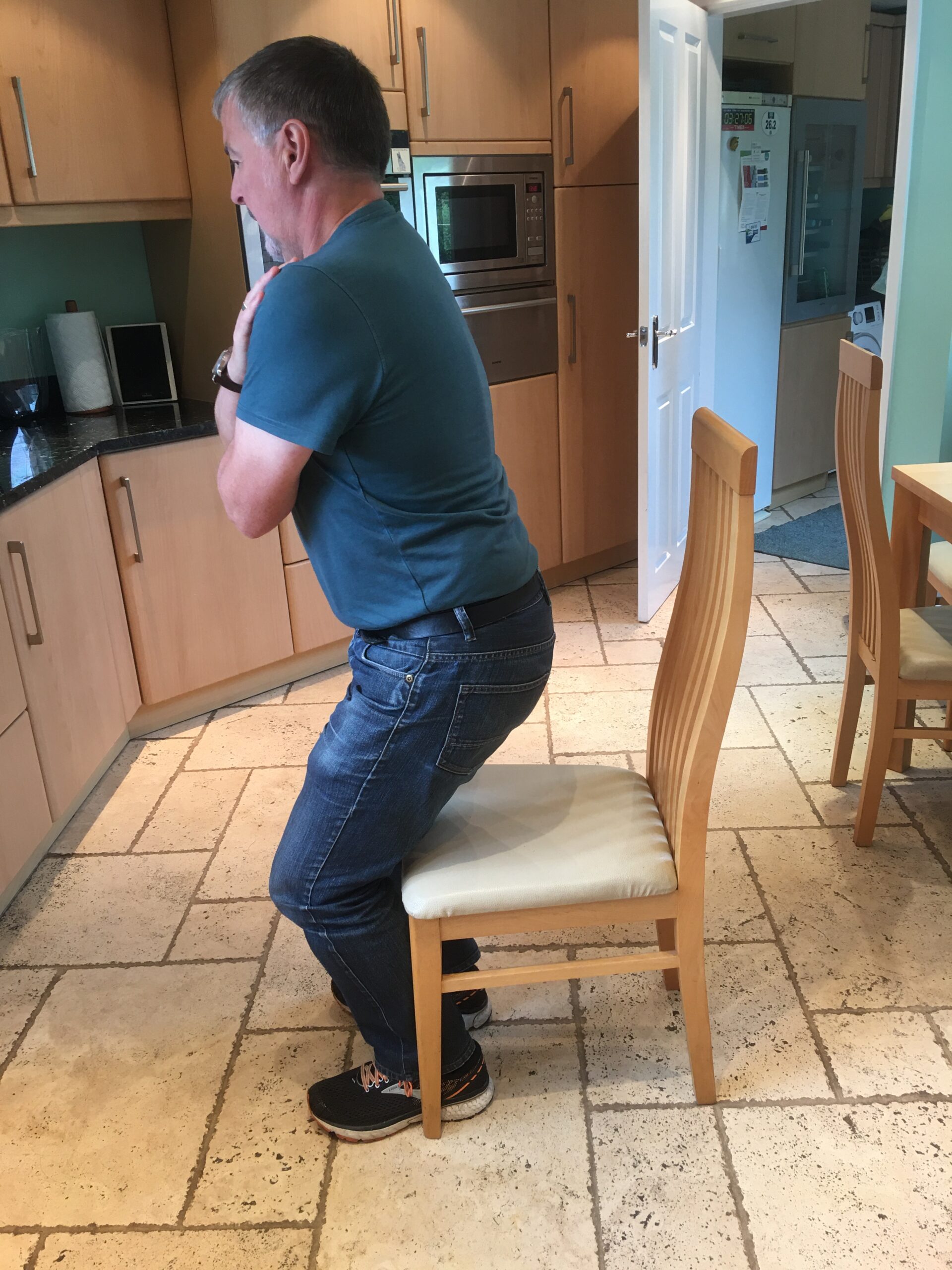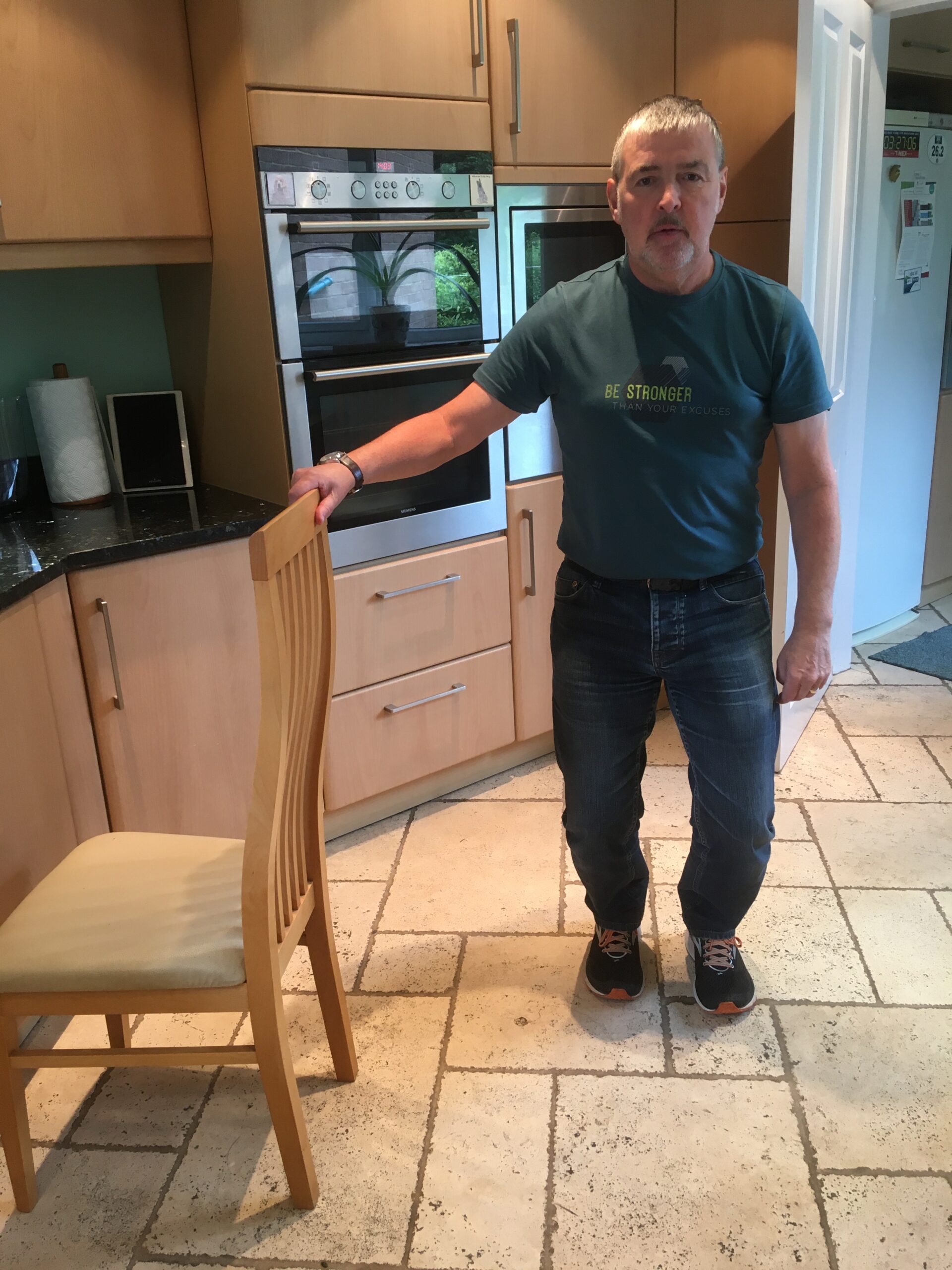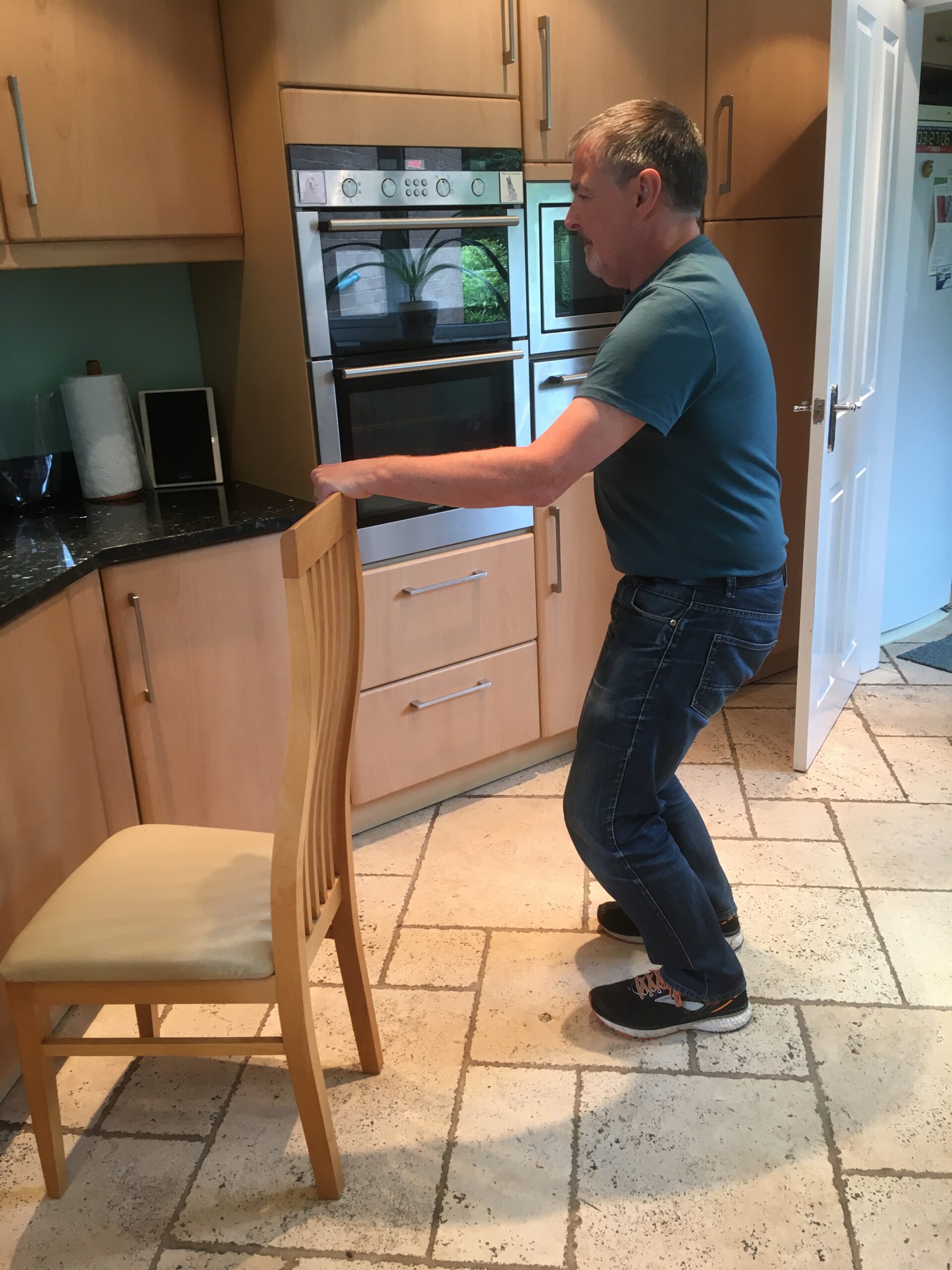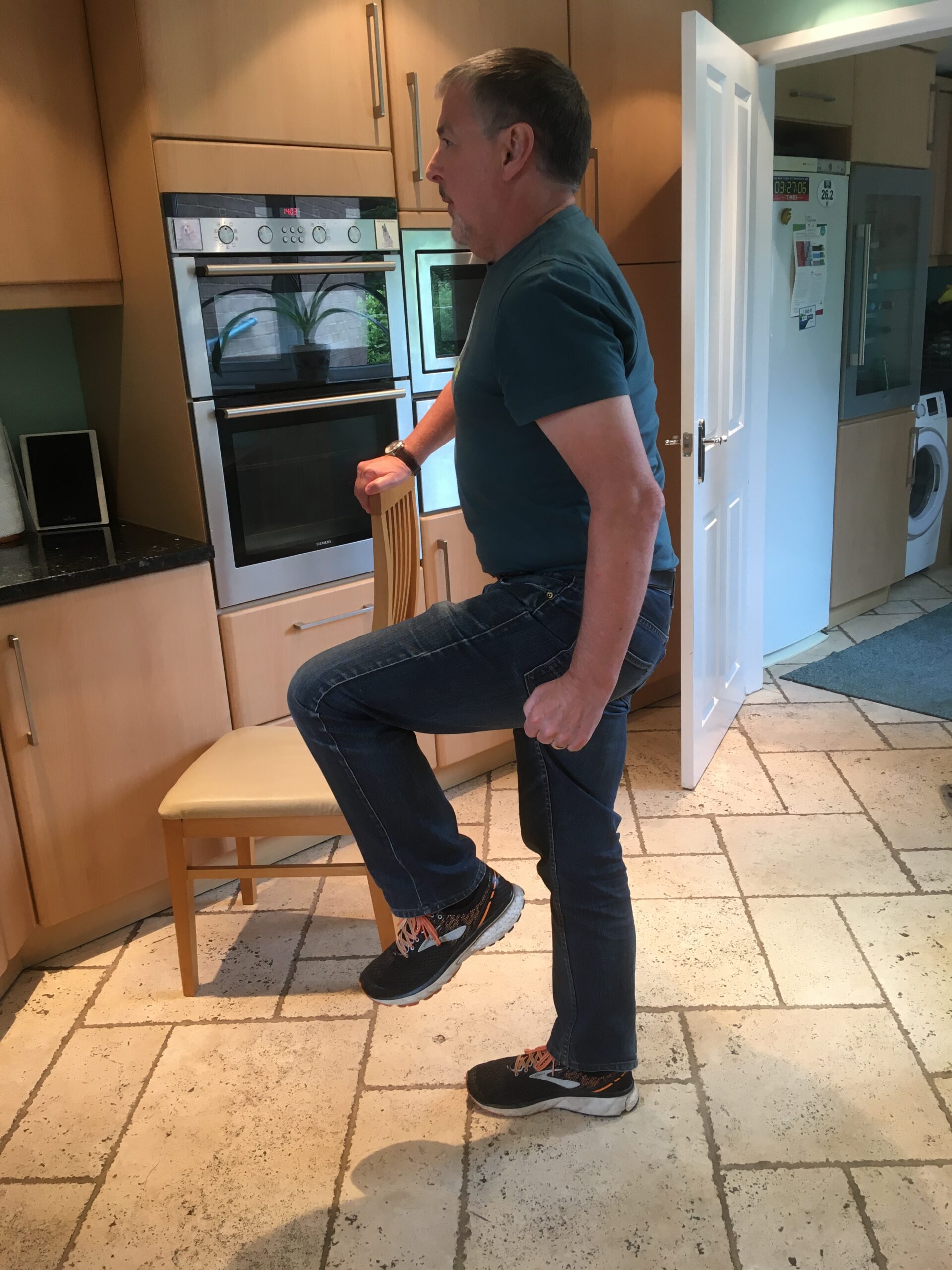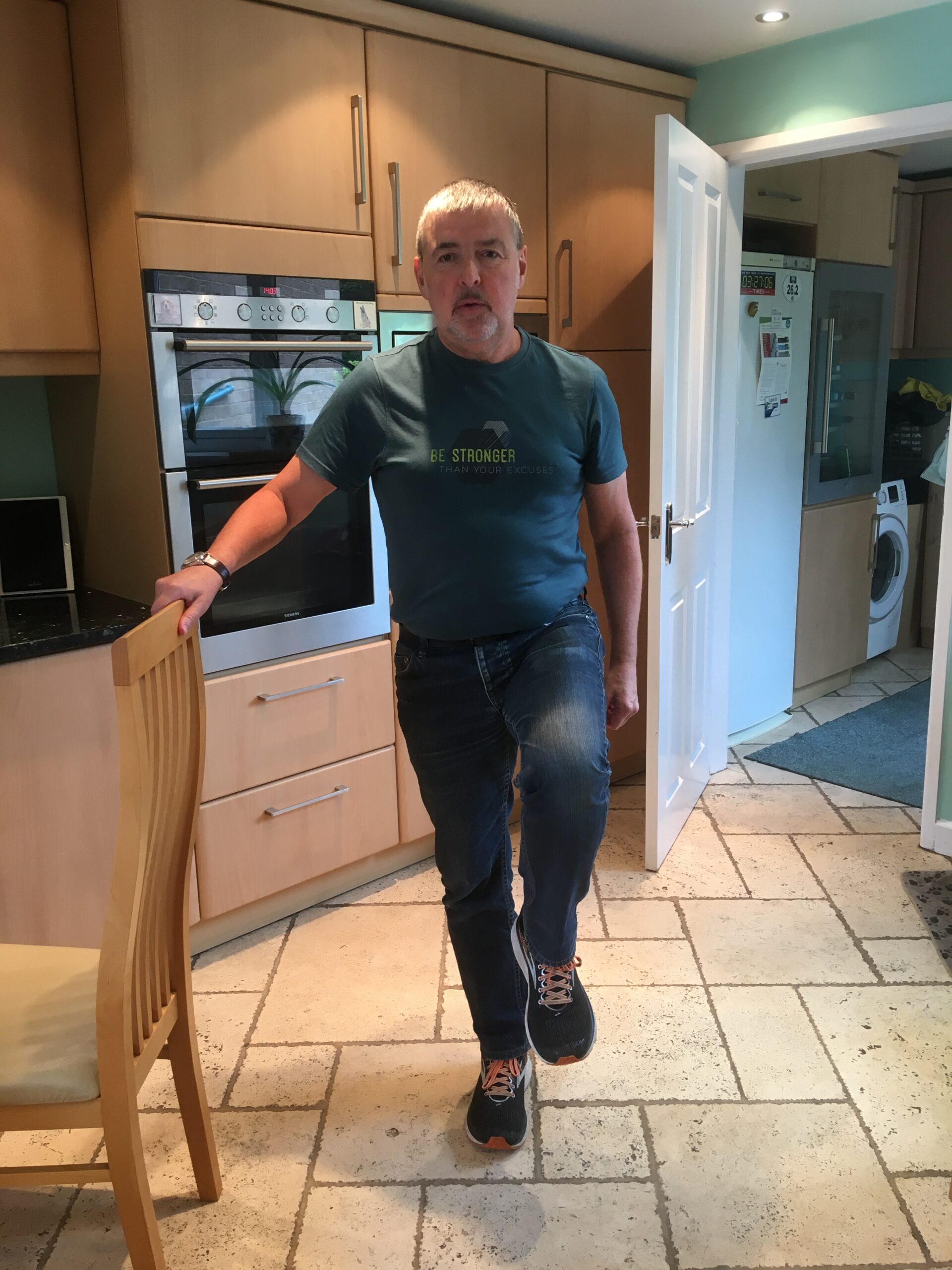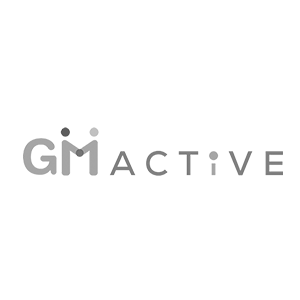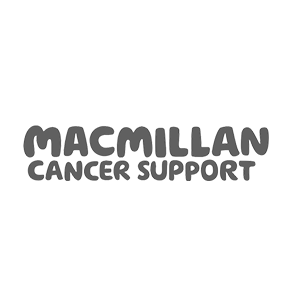When you are diagnosed with cancer, it will help you to feel better if you can carry on being active. There may be a temptation for your friends and family to do things for you, but it will help improve how you are feeling both physically and mentally if you do things for yourself whenever you are able to do.
You should try and do 20-30 minutes of activity every day. If you don’t feel that you can manage this in one go, try doing 10-15 of minutes activity in the morning and then another 10-15 minutes of activity in the afternoon.
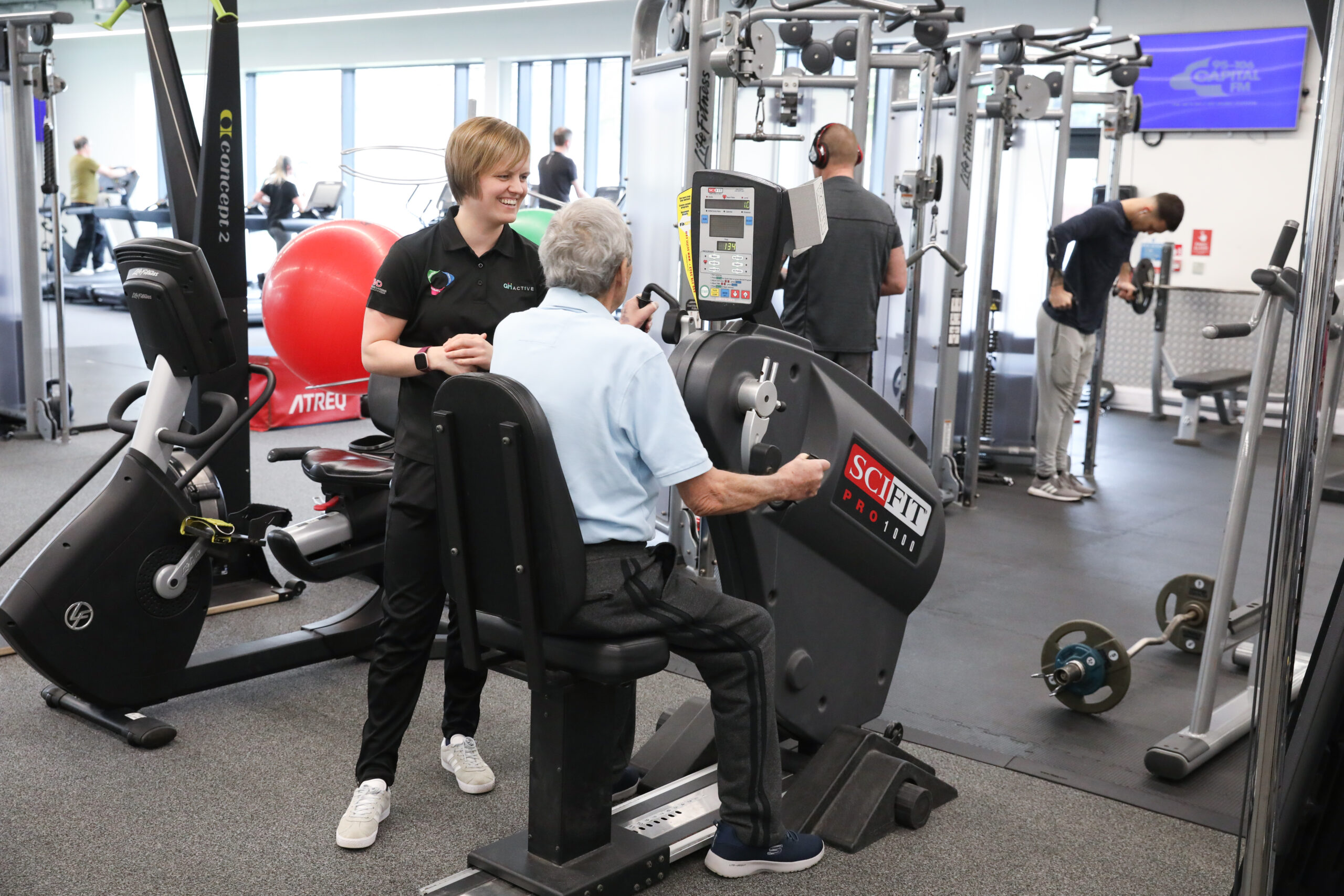
Aim to complete 30 minutes of activity a day. Activities could include:
Walking to the local shops and carrying your shopping
Walking outdoors
Running/Jogging
Walking the dog
Climbing stairs (instead of taking the lift)
Avoiding sitting down for long periods of time
Completing day to day activities whilst standing
Housework including ironing, cooking, vacuuming, washing up and laundry
Playing with your children or grandchildren
Gardening
Dancing
Socialising
Cycling (on an exercise bike at home or out on the road)
Swimming
Yoga
Pilates
Zumba
Our exercise prescription is tailored to each patient. Following a full holistic assessment the exercise specialist will devise a suitable programme for the patient. We use two forms of exercise training principles:
RE-HIIT: This type of aerobic training is based on HIIT training and involves short periods of high intensity and effort interspersed with lower intensity exercises. The patients training zones are carefully calculated by the exercise specialists to make sure they are working at a suitable level.
Progressive/Continuous This type of aerobic training sees the patient taken through progressive training zones, increasing as fitness increases. Again, training zones are carefully calculated by the exercise specialists
We see resistance training as of equal importance for patients and all programmes will include some resistance training. It will target the main large muscle groups in the lower and upper body, and making sure these muscles are strong will help you after surgery, for example when getting out of bed or up from a chair.
Here are some exercises that are safe to try at home.
Try to complete them 3 times a week.
Arm Curls
Stand or sit in a chair. With your arms by your sides with your palms facing forwards and bend your elbow. If you find this easy you could do the exercise holding a tin of food or water bottle or a weight to make it more difficult.
Aim to repeat this 5 times on each arm
Arm Raises
Stand or sit in a chair. Lift both arms together, up above your head and then out in front of you. If you find this easy you could do the exercise holding a tin of food or water bottle to make it more difficult.
Aim to repeat this 5 times
Sit to stand from a chair
Put your arms across your chest, stand up from the chair and then sit down again slowly. If you feel too unsteady doing this, then don’t cross your arms and lightly use your arms to push up.
Aim to repeat this 5 times
Mini Squats
In standing, hold onto the back of a chair or firm surface. Keep your feet hip width apart. Slowly bend your knees as far as you feel comfortable, keeping you back as straight as possible. Hold for 2 seconds and then straighten your knees, squeezing your bottom muscles and thigh muscles as you do.
Aim to repeat this 5 times
Marching on the spot
Whilst standing is best, but you can complete this in sitting if you feel unsteady. March on the spot for 30 seconds. Rest for 30 seconds. If you find this easy, bring your knees up higher while you’re marching.
Aim to repeat this 3 times
Once you are able to manage these exercises more easily, then you could gradually increase the number of times/the time you spend doing each of the exercises
Please consult a healthcare professional involved in your care if you have any concerns regarding activities or exercises on this website. When undergoing chemotherapy, radiotherapy, surgery or any other treatment for cancer, you may be given specific advice on which activities you may or may not do when undergoing your treatment, and it is important to follow this advice.
I already exercise and am quite fit. What should I do?
If you already exercise regularly and your clinical team are happy for you to do so, then please continue with your routine. Keeping up your fitness will help you to cope with your treatment better, and exercise may also help you to cope with the worry and anxiety a cancer diagnosis brings.
If you are able to access our programme you may still find it useful even if you are used to exercising regularly, in particular after your surgery. They will be able to work with you on a programme specifically designed to get you back to normal. You will also benefit from the peer support after being diagnosed and it will help to maintain your fitness pre-surgery, especially if you are undergoing neoadjuvant chemotherapy (for people with upper GI cancer).
Please consult a healthcare professional involved in your care if you have any concerns regarding activities or exercises advised on this website. When undergoing chemotherapy, radiotherapy or surgery you may be given specific advice on which activities you may or may not do whilst undergoing treatment, and it is important to follow this advice.
Get fit where you live

EXi is an evidence based, award winning app which analyses your health, current fitness level, disease status and resting heart rate, and produces a personalised physical activity plan that gradually and safely helps you to increase your activity levels and improve your health. NHS approced and developed by physiotherapists, with years of experience in getting people active, regardless of age, fitness levels or health status.
When you create an account, please use the code P4C.










